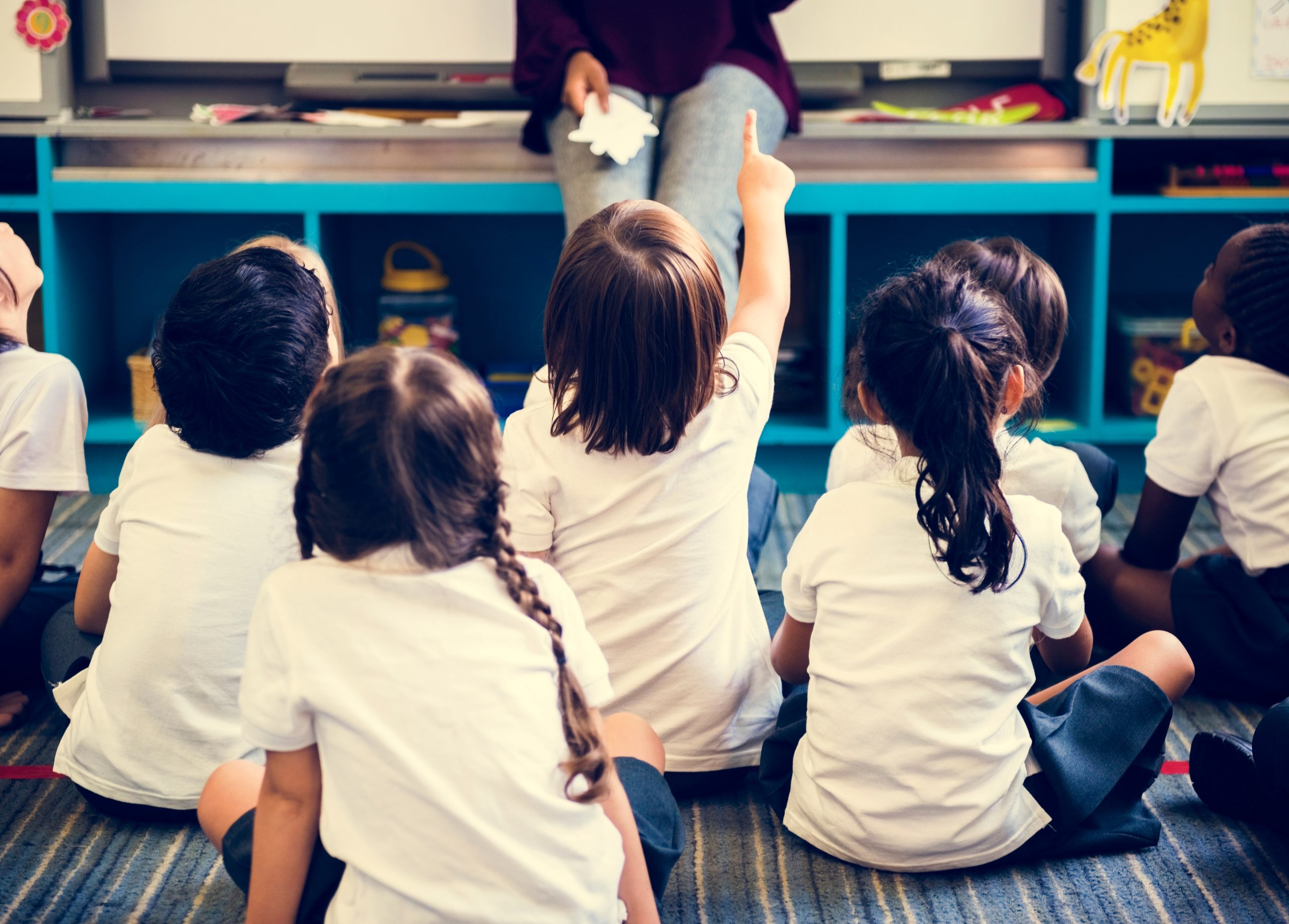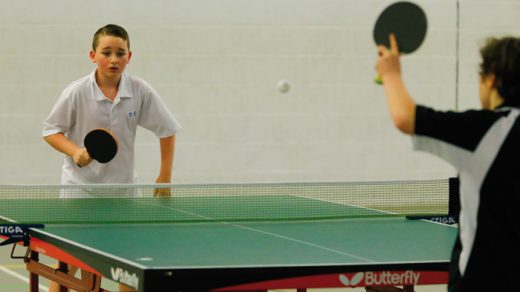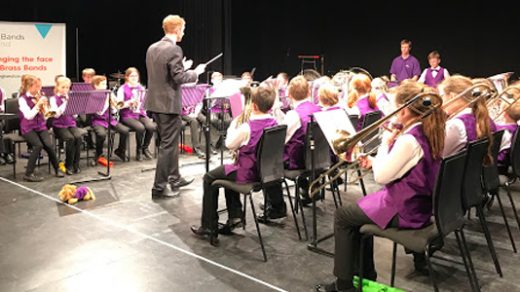Pupils in best reception classes can expect to earn more in later life

A recent study revealed children in the most effective reception classes can expect to earn more than their peers later in life.
The study by Durham University and the Department for Education showed that children in the most effective reception classes can expect to earn between £2,000 and £7,5000 more on average than their peers.
The top 2.5 percent performing reception classes of 27 pupils could also add between £50,000 and £200,000 in value to the UK economy.
Research by Durham University has previously shown that children who are taught well in their first year of primary school go on to achieve better GCSE results in maths and English, making the case for schools putting their best teachers in reception.
The recent analysis, which looked at pulls’ progress, showed that future earnings are influenced by teachers when children are as young as four years old.
It also showed that education plays a significant role in earning outcomes.
Professor Peter Tymms, from Durham University’s School of Education, said: “We have previously shown that exceptional teaching in Reception can have a long-term impact – up to GCSE level – but now, working with the Department for Education we have been able to show that it has an influence on later earnings too.
“Many will be surprised to see this but it shows the importance of great teachers working with young children.”
Durham University and the Department for Education also said the social and economic returns from investments in high-quality reception classes may also be much larger than the study’s estimates, especially for disadvantaged pupils.
For the report, the team linked estimates from two studies to predict changes in later earnings, associated with progress during reception.
By assessing children at the beginning and end of the reception year, the team was able to identify classes as ‘effective’, which is where children made significantly more progress than average.
The researchers took account of a range of social and economic factors that could have skewed the results including children’s age, term of starting school, sex, ethnicity, special needs, English as an additional language, deprivation and school/class membership.
James Bowen, director of policy for school leaders’ union NAHT, said: “As this report shows, the early years of a child’s education are crucial to setting children up for the best success, both in terms of their future academic attainment and their life chances.
“While we should not be trying to ‘hothouse’ young children, it is clear that great teachers in reception classes make a real difference.
“However, we also need to recognise that the years before a child enters reception are just as important, and the challenges some children face start well before they arrive at school.
“If children are to thrive in their first years in school, families need access to high-quality early years education for their children, as well as access to any support services they need.
Sadly, too many families are unable to access these vital services, meaning children don’t always receive the early intervention and support that could make such a difference.”
Mr Bowen added: “The government could do far more to set children and families up for success by investing more in early years education and services, allowing all children – especially those from disadvantaged backgrounds – to access the support they need to get the very best start in life.”







